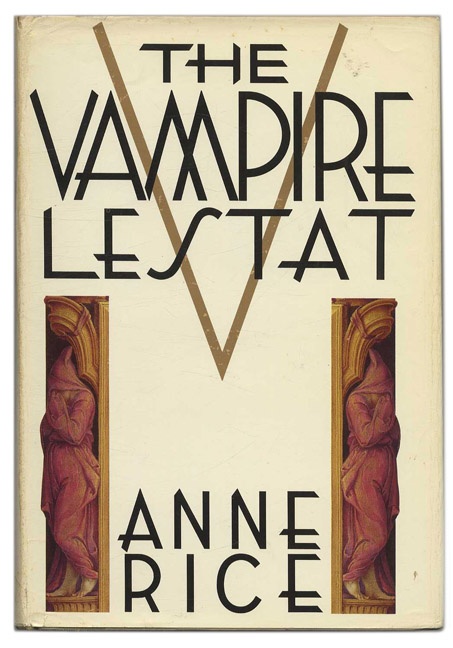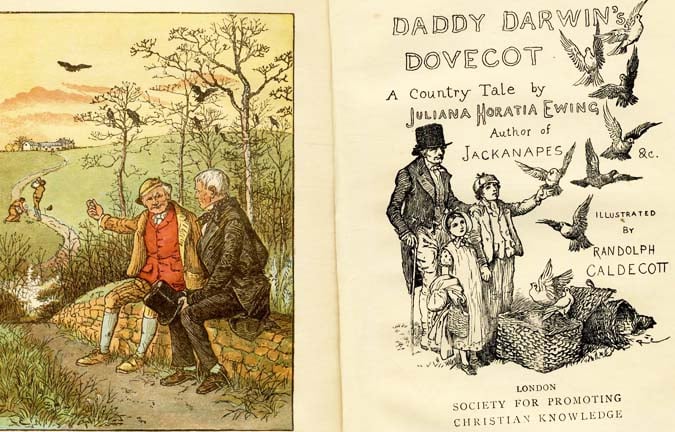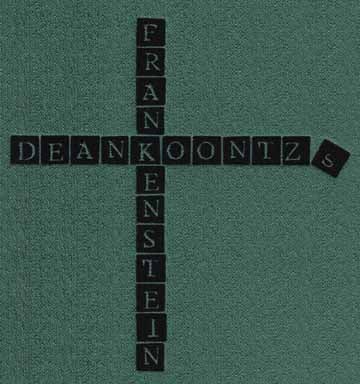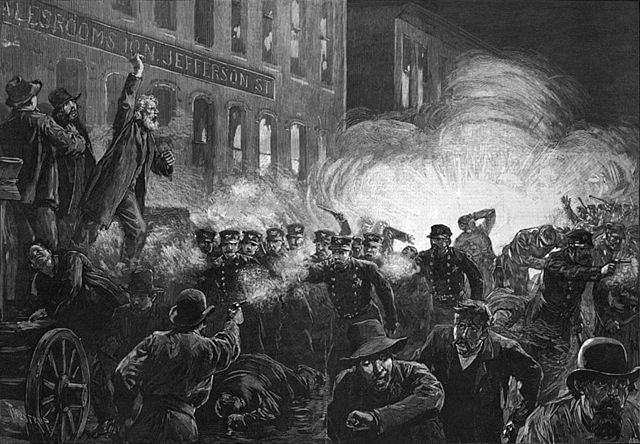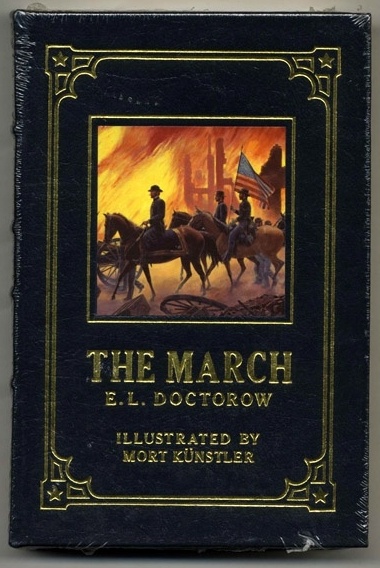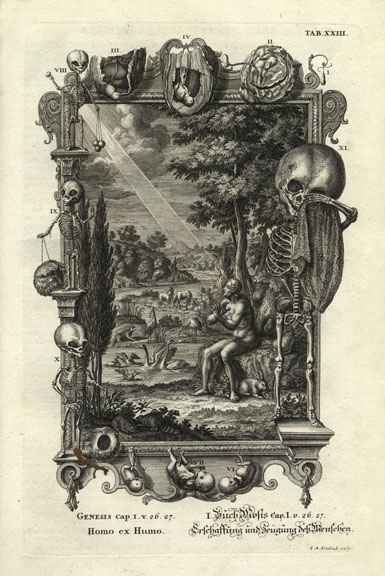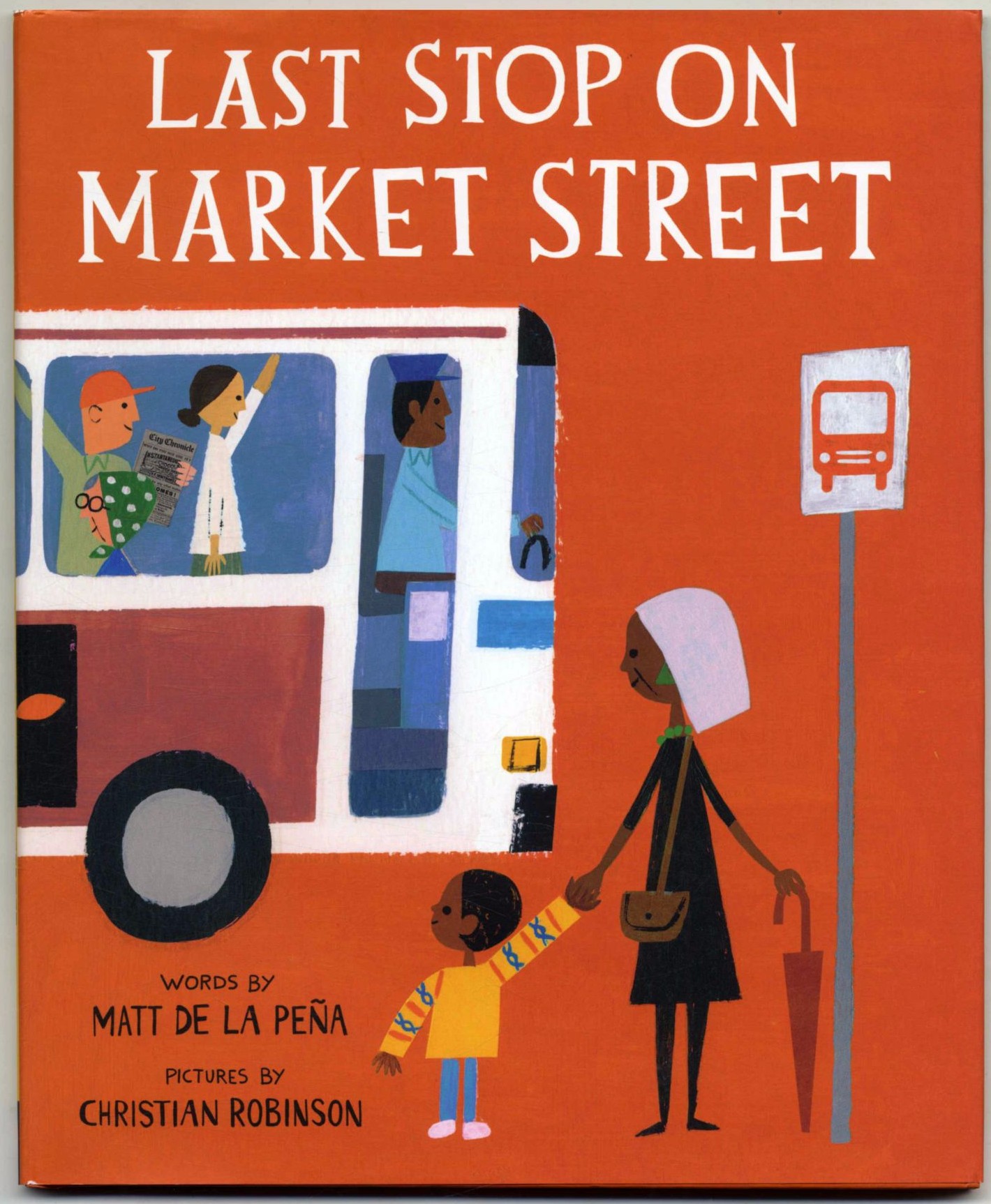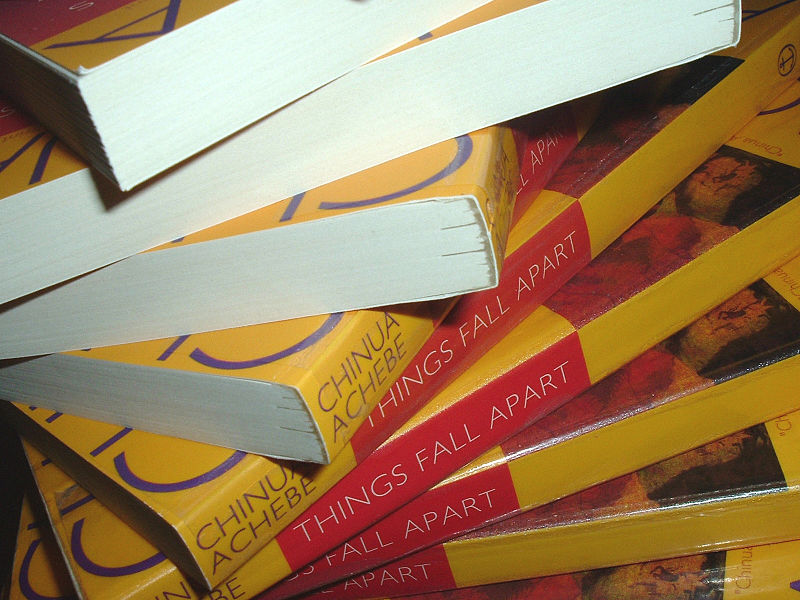Horror novelist Anne Rice is best known for her Vampire Chronicles and Mayfair Witches series. Since publishing her first novel, Interview With the Vampire in the 1970s, she has published extensively in both the horror and erotic fiction genres, becoming one of the most popular writers living today. Her work has explored the nature of good, evil, and humanity through the lens of horror fiction and monsters like vampires, witches, werewolves, and mummies. Her work has been adapted into movies, comics, musicals, and she and her son Christopher Rice are currently working to adapt her fiction into a television series focusing on her most beloved character, the vampire Lestat. Here are some lesser-known facts about one of horror's modern masters.
Read more...




_PD.jpg)
